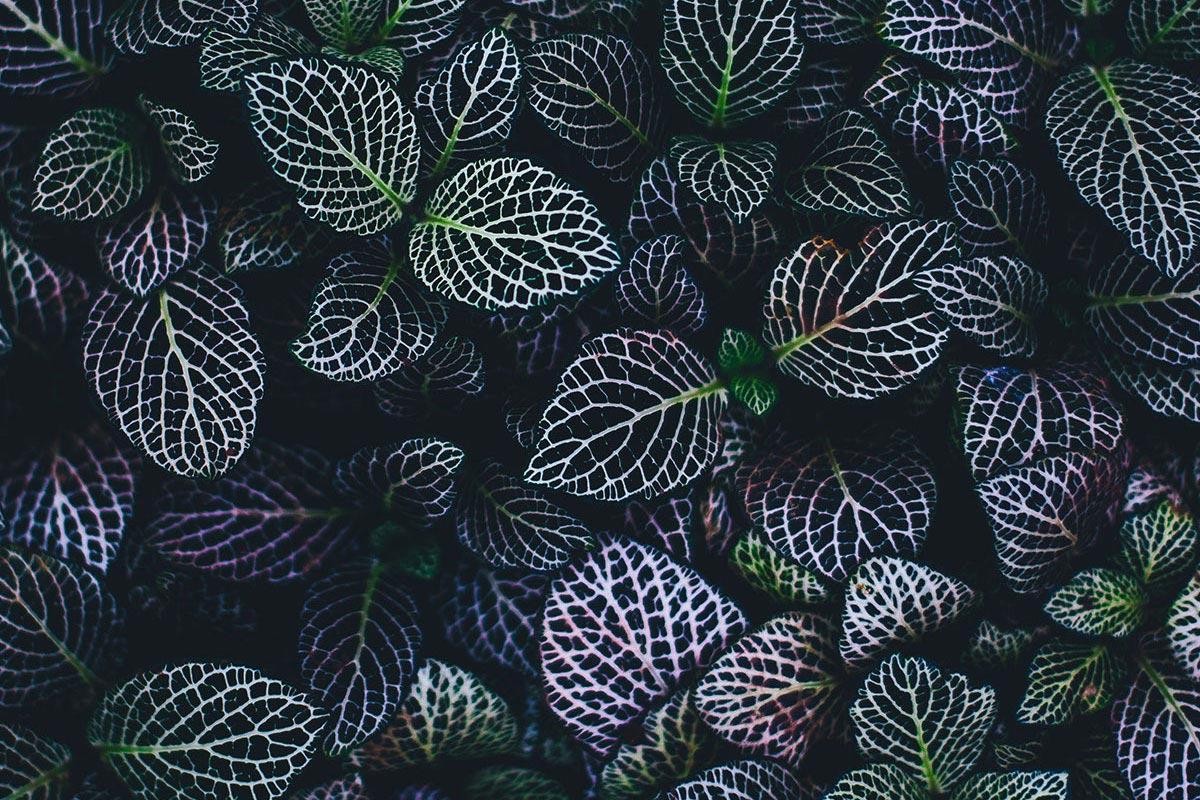Physical Address
304 North Cardinal St.
Dorchester Center, MA 02124
Physical Address
304 North Cardinal St.
Dorchester Center, MA 02124

Have you noticed how many people are rolling up their sleeves, grabbing a trowel, and turning their gardens or local allotments into mini vegetable farms? It’s not just a trend—it’s a movement. From backyard plots to community gardens, more and more people are growing their own food. But why? Is it about eating healthier, saving money, or something deeper? Let’s dig into the reasons behind this green-thumb revolution.
Plus, homegrown vegetables often taste better. Anyone who’s bitten into a store-bought strawberry and then compared it to one grown in their own garden can tell you: there’s no contest. Growing your own food connects you to the earth and to the flavors that nature intended.
And it’s not just about the money saved—it’s about the abundance. A single tomato plant can yield dozens of fruits, and a row of lettuce can provide salads for weeks. For many, gardening is a practical way to stretch their budget while enjoying fresh, homegrown food.
For many, gardening is a form of mindfulness. It forces you to be present, to pay attention to the needs of your plants, and to appreciate the small miracles of growth and renewal. It’s a way to ground yourself in a world that often feels chaotic and disconnected.
This sense of self-sufficiency is especially appealing in uncertain times. Whether it’s concerns about food security, supply chain disruptions, or simply a desire to live more sustainably, growing your own food is a step toward greater independence.
These shared spaces are more than just places to grow vegetables; they’re hubs of connection and collaboration. Gardeners share tips, swap seeds, and celebrate each other’s harvests. It’s a reminder that, even in an increasingly individualistic world, we’re all in this together.
Gardening also encourages a deeper respect for the environment. When you grow your own food, you become more aware of the resources—water, soil, sunlight—that go into producing it. This awareness often leads to more eco-friendly choices in other areas of life.
Conclusion
The rise in people growing their own vegetables is about more than just food—it’s about health, sustainability, self-sufficiency, and connection. It’s a return to our roots, both literally and figuratively. So, whether you have a sprawling garden, a small balcony, or a plot in a community allotment, consider joining the movement. Plant a seed, nurture it, and watch it grow. You might just find that it’s not just your vegetables that thrive—it’s you, too.